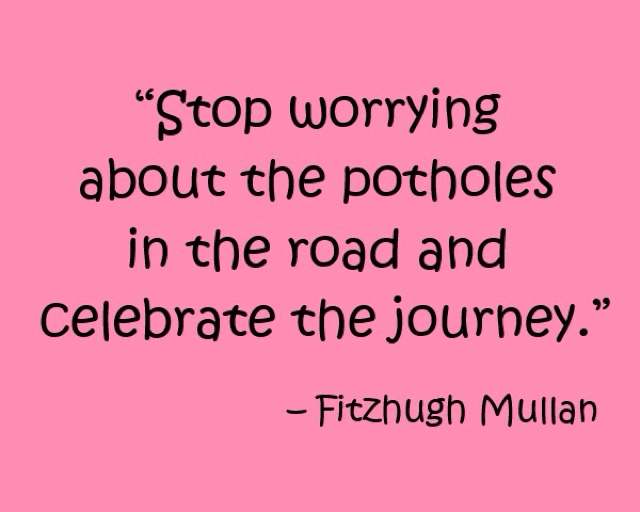So Where's the Horror? Frankenstein; or the Modern Prometheus
Frankenstein. A classic. Typical of Gothic Horror.... Wait horror? Yes. Oh yeah, angry mobs, violent monster, fires, and all that? Nope, just a killer monster minus any of the usual accompanying suspense.
Cheesy one-sided conversation aside, my point is that Frankenstein is not what most of us consider horror. It doesn't fit the levels of suspense and violence that we have come to expect with modern films. This isn't completely unexpected, since those are elements that are harder to transfer onto the page. But Mary Shelley's "ghost story" is frightening because of the story itself.
Frankenstein is a cautionary tale about what happens when you create a living being and then abandon it to learn and survive on its own. Victor's monster angrily kills everyone that his creator loves because he feels that his abandonment was cruel and unfair. Victor only makes the irrational decision to create his monster because his mother, the one person who ever really cared for him, died and he wanted to figure out how to bring her back to life.
Many people suggest that Victor is trying to make himself into God, to overcome God, to deny that there even is a God. The suggestion, largely coming from the 1831 edition of the novel, is that Shelley wrote a clearly atheist book. But God still exists in her story, even though He plays no part. God, like all of the other father-figures in this book, is absent. He has left His children to fend for themselves, the same way that Victor did. It is not just a literary choice that Mary Shelley made to have Frankenstein's monster compare himself to Adam and Victor to God; there is a parallel being drawn here that illustrates the author's attitude towards her own creator.
Knowing about her somewhat strained relationships she had with her own atheist father and husband, and the tragic child loss she had gone through just before she created the story, it is not all that surprising that she might feel that God had abandoned His children, or at least her.
The other warning that this story has is about the inherent cruelty of humanity. Not only do father-figures tend to show a lack of love and concern for their offspring, but humans repeatedly reject the creature based on his appearance. Yes, he is frightening to see, but they make awful assumptions. Furthermore, he learns from reading their history books that humans are often violent, cruel, and hateful.
Thus, it is not a horror in the sense that it is shocking and scary (aside from the inclusion monster and the mad scientist), but rather a horror in terms of what it reveals about human tendencies.
Cheesy one-sided conversation aside, my point is that Frankenstein is not what most of us consider horror. It doesn't fit the levels of suspense and violence that we have come to expect with modern films. This isn't completely unexpected, since those are elements that are harder to transfer onto the page. But Mary Shelley's "ghost story" is frightening because of the story itself.
Frankenstein is a cautionary tale about what happens when you create a living being and then abandon it to learn and survive on its own. Victor's monster angrily kills everyone that his creator loves because he feels that his abandonment was cruel and unfair. Victor only makes the irrational decision to create his monster because his mother, the one person who ever really cared for him, died and he wanted to figure out how to bring her back to life.
Many people suggest that Victor is trying to make himself into God, to overcome God, to deny that there even is a God. The suggestion, largely coming from the 1831 edition of the novel, is that Shelley wrote a clearly atheist book. But God still exists in her story, even though He plays no part. God, like all of the other father-figures in this book, is absent. He has left His children to fend for themselves, the same way that Victor did. It is not just a literary choice that Mary Shelley made to have Frankenstein's monster compare himself to Adam and Victor to God; there is a parallel being drawn here that illustrates the author's attitude towards her own creator.
Knowing about her somewhat strained relationships she had with her own atheist father and husband, and the tragic child loss she had gone through just before she created the story, it is not all that surprising that she might feel that God had abandoned His children, or at least her.
The other warning that this story has is about the inherent cruelty of humanity. Not only do father-figures tend to show a lack of love and concern for their offspring, but humans repeatedly reject the creature based on his appearance. Yes, he is frightening to see, but they make awful assumptions. Furthermore, he learns from reading their history books that humans are often violent, cruel, and hateful.
Thus, it is not a horror in the sense that it is shocking and scary (aside from the inclusion monster and the mad scientist), but rather a horror in terms of what it reveals about human tendencies.

Comments
Post a Comment